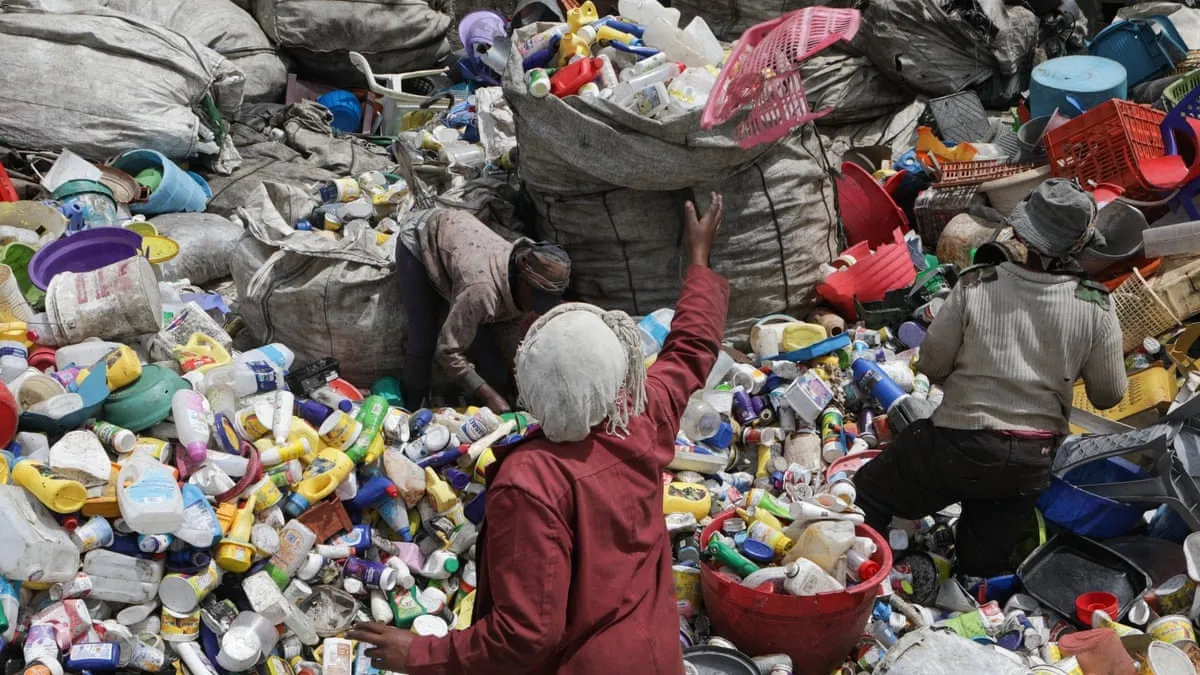In a landmark week-long summit at the United Nations Environment headquarters in Nairobi, Kenya, over 2,000 delegates convened to address the pressing issue of global plastic pollution. The talks centered on the creation of a binding treaty, with the aim of combatting the escalating challenges posed by plastic waste.
Read More: From Trash to Treasure: The Remarkable Quest to Turn Plastic into Fuel
Despite the commitment of 175 countries last year to finalize a binding agreement by 2024, the recently concluded Nairobi meetings, the third of five planned sessions, revealed a lingering division among delegates regarding the substance of the treaty.
Jyoti Mathur-Filipp, executive secretary of the treaty negotiating committee, emphasized the urgency of the matter, stating, “Nature is suffocating, gasping for breath. All ecosystems are under threat from plastic pollution.” The proposed treaty seeks to address the entire life cycle of plastics, from production to design, use, and disposal.
Nonetheless, disagreements persist on the approach to tackling plastic pollution. While NGOs advocate for a 75% reduction in production by 2040, oil-producing nations and plastic industry lobbies favor recycling and enhanced waste management.
Inger Andersen, UNEP executive director, stressed the inadequacy of relying solely on recycling, stating, “We cannot recycle our way out of this mess.”
Accusations surfaced against a “low ambition coalition,” comprising mainly oil-producing nations like Iran, Saudi Arabia, and Bahrain, accused of hindering progress in the negotiations.
Read More: Negotiations Resume in Kenya to Combat Plastic Pollution
Despite the division, Kenya, among the 60 “high ambition” nations, called for binding rules to curtail plastic use and production. President William Ruto urged negotiators to recognize the imminent 2024 deadline and the gravity of plastic pollution as an existential threat.
Following the Nairobi negotiations, discussions will resume in Canada in April 2024, concluding in South Korea later that year. The outcome is eagerly anticipated as the world grapples with the environmental repercussions of plastic pollution.









